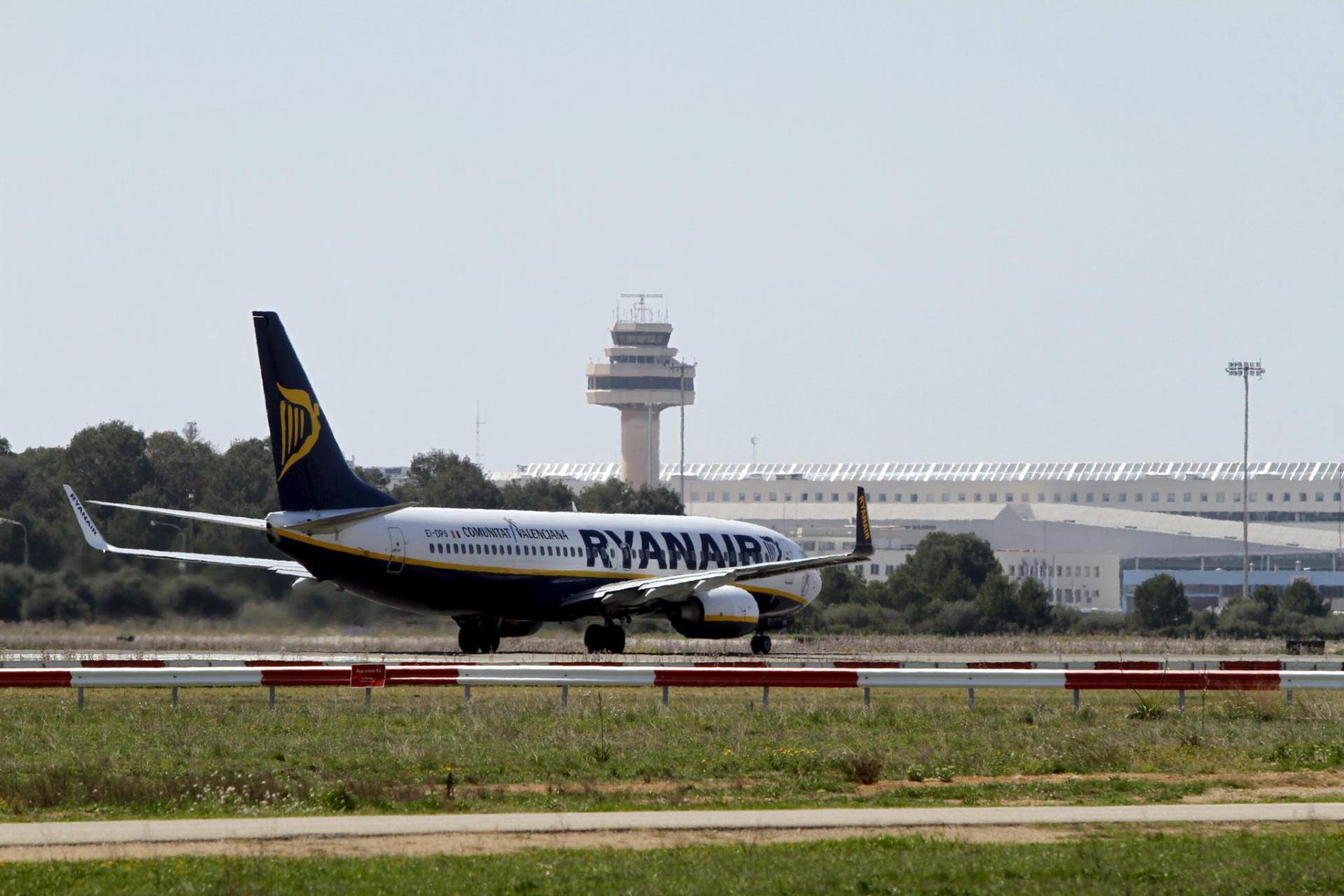‘Air Traffic Control Ruined Your Flight’: Over 6 million Ryanair passengers delayed by Spanish ATC failures in 2025
By Ashlee Caliz
Copyright majorcadailybulletin

Ryanair, Europe’s leading airline, has reported that over 6 million of its passengers have experienced delays due to Spanish air traffic control (ATC) deficiencies between January and September 2025. The airline has formally requested immediate action from Transport Minister Oscar Puente to address the ongoing staffing and management issues affecting Spain’s ATC services.
The disruptions have impacted more than 34,000 Ryanair flights this year, contributing to a broader European crisis that has affected approximately 21 million passengers across the EU. This situation persists despite the September 2024 Draghi report on competitiveness, which highlighted the multibillion-euro cost of ATC inefficiencies and flight delays across Europe.
Alejandra Ruiz, Ryanair’s Head of Communications for Spain, stated: “It is unacceptable that more than 6 million Ryanair passengers have had their travel plans ruined by delays in Spanish air traffic control so far this year (from 1 January to 29 September), due to poor management and understaffing. Meanwhile, Minister Puente remains inactive and has taken no action. Ryanair urges passengers to visit the website ‘Air Traffic Control Ruined Your Flight’ and demand that EU President Ursula von der Leyen and Transport Minister Óscar Puente take urgent measures to reform Spain’s deficient ATC system, starting with ensuring that ATC services are fully staffed, particularly during the critical early morning flight wave.”
Passenger impact and EU response
The airline has launched a campaign website, ‘Air Traffic Control Ruined Your Flight’, encouraging passengers to demand action from EU Commission President Ursula von der Leyen and national transport ministers. The initiative specifically calls for adequate staffing of ATC services, particularly during critical morning flight waves.
Despite Ryanair’s sustained campaign for EU-wide reform to ensure proper ATC staffing levels, limited progress has been made. The situation reflects a broader European challenge, with national transport ministers bearing responsibility for their respective countries’ ATC services and their operational effectiveness.



